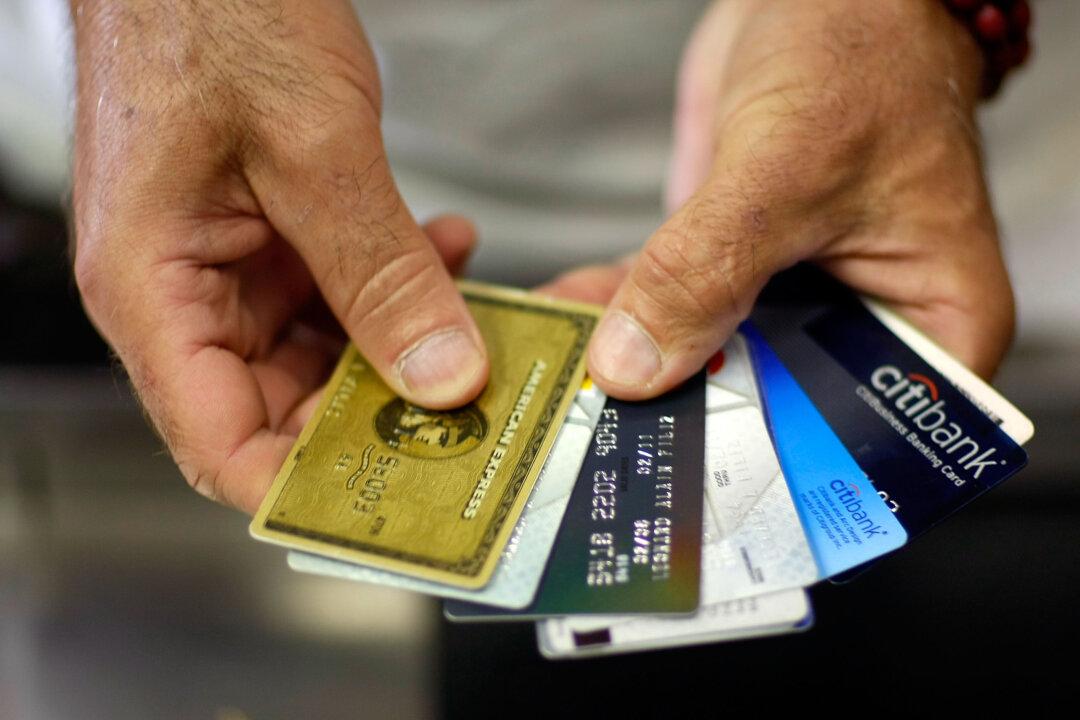Groceries, gas, and heating bills have gone up. As inflation grows, more consumers rely on credit cards to bridge the gap between income and expenses.
“It is the combination of inflation and an overall cost of living, which includes housing, that is driving people to lean more frequently on open lines of credit,” Bruce McClary, spokesman for the National Foundation for Credit Counseling (NFCC), told The Epoch Times.





